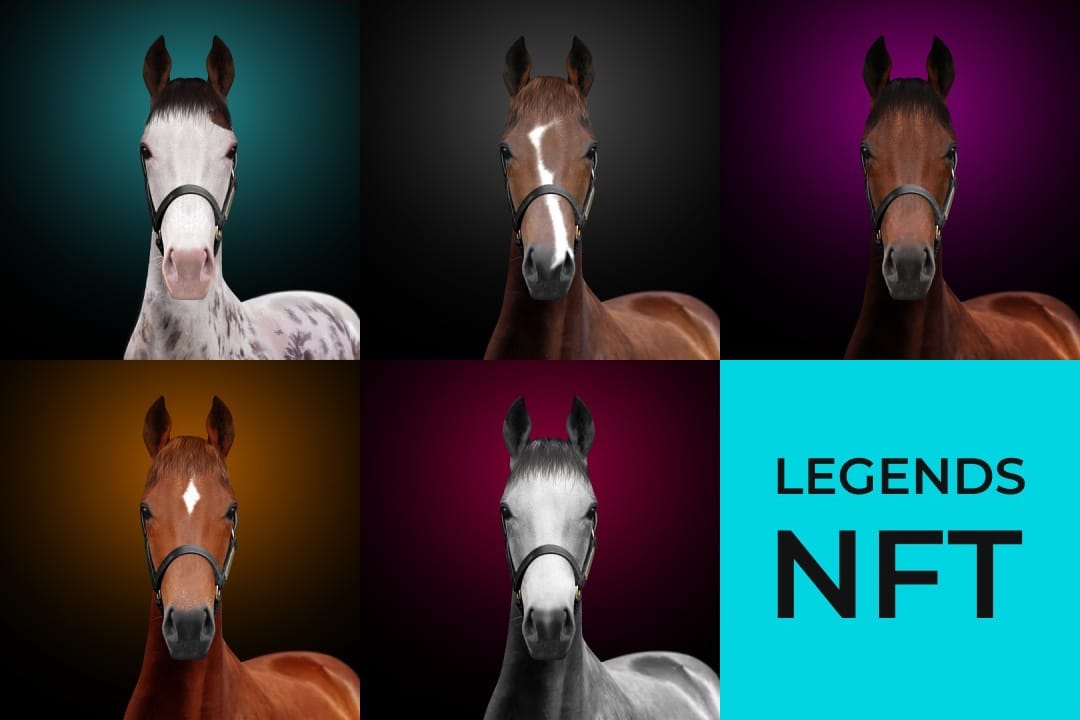Christophe Lemaire, the French jockey who has carved a niche for himself in Japan over the past nine seasons, has made clear his desire to add the Dubai World Cup to his already enviable CV.
The Frenchman partners the Tetsuya Kimura-trained Geoglyph in Saturday’s renewal, a colt by Drefong who finished out of the money in the Tenno Sho and the Hong Kong Cup at the end of last year, before bouncing back with fourth place in the Saudi Cup.
Lemaire is encouraged that Riyadh was his mount’s first run on dirt and he explained: “I very happy with his trial in Saudi when it was his first run on the surface. It was a great effort, even though he tired in the last 100 metres.
“I’m hoping in the World Cup he can do much better than last time. It’s a strong race, but if he can grab a place it will be very exciting.”
Lemaire is also looking forward to renewing his acquaintance with Equinox in the Sheema Classic, following victory in the Tenno Sho and the Arima Kinen on Christmas Day in the duo’s last two starts.
He said: “It’s his first race outside Japan, but he’s settled in well and his demeanour is perfect.
“He won two of Japan’s leading races for older horses including the Arima Kinen and became (2022) Horse of the Year. He was second in the Derby over a mile and a half, and I’m in no way afraid about the trip for him. He will stay.”
Take a ride on superstar EQUINOX #イクイノックス as he rips down the Meydan straight… 🇯🇵🏇🏻💨@JRA_WorldRacing | #競馬 | @RacingDubai | #DWC2023 pic.twitter.com/dro3ZRrRdM
— World Horse Racing (@WHR) March 22, 2023
In his time in Tokyo, Lemaire has learned to speak fluent Japanese as well as seeing the meteoric rise on the global stage of the nation’s racing industry.
This has happened to such effect that this year there are a record 27 horses representing the country at the World Cup fixture.
Lemaire said: “From a young age I always wanted to become a jockey, and it was a dream come true to establish myself in France and then to do so abroad.
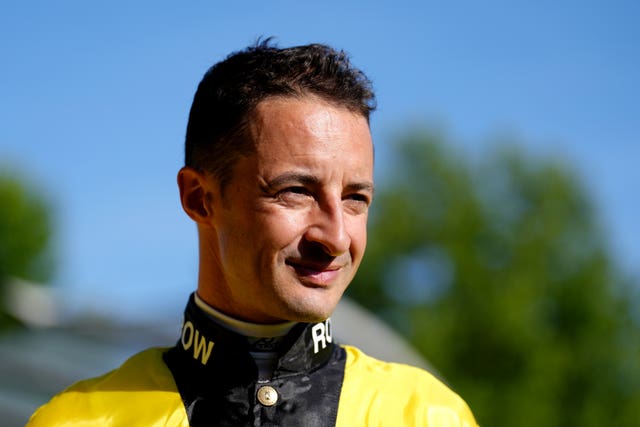
“You need confidence and hard work combined with that little bit of talent, and since moving to Japan I have become used to competing in their big racing events, while it’s always a pleasure to be on such good horses.
“I love to win cup races and especially to win the Dubai World Cup one day. Japanese horses like the track and the conditions, and usually perform well.
“It’s very important to communicate with the horse connections, in your daily life as well as on the racecourse, which is why it’s so good to have a reasonable grasp of the language.”




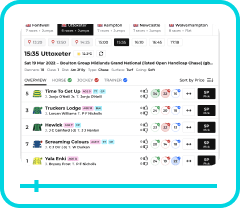
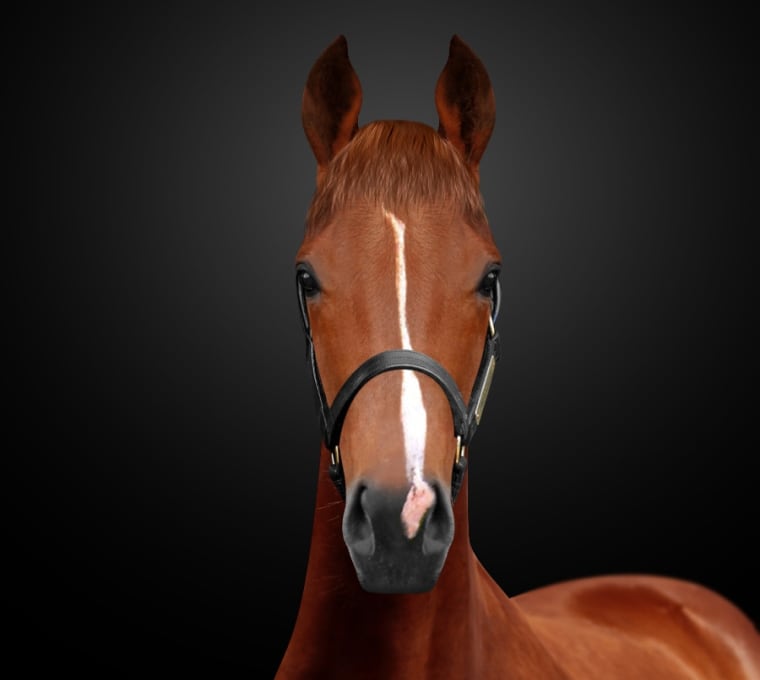
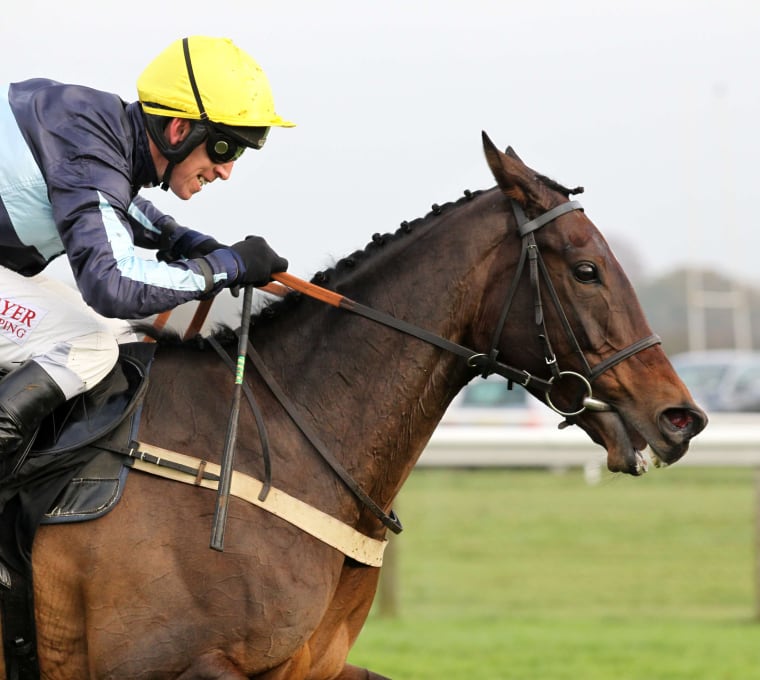
 Karrotz ($KAZ)
(Current value £0.005)
Karrotz ($KAZ)
(Current value £0.005)
